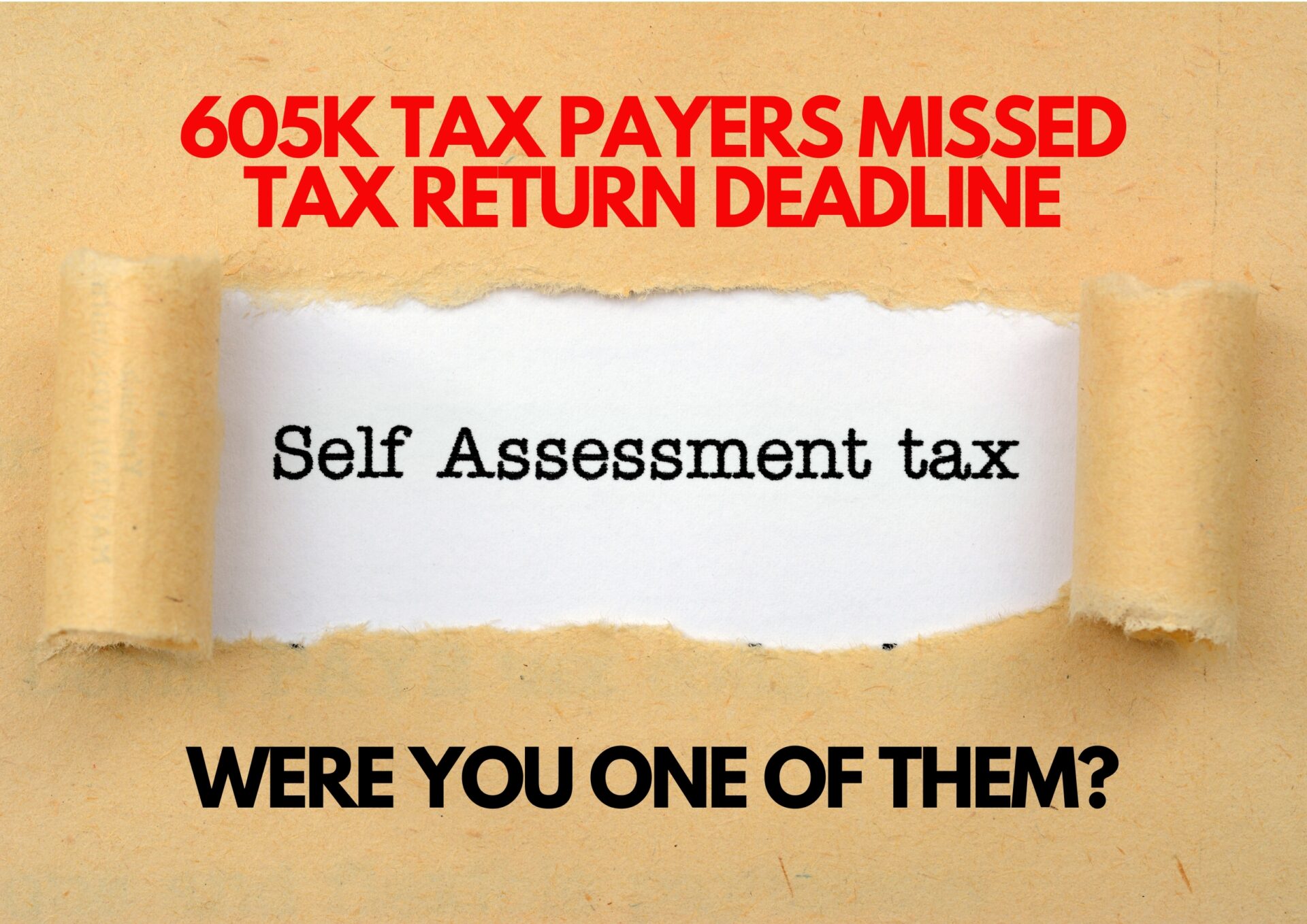What is R&D Tax Relief?
Research and Development (R&D) reliefs support companies that work on innovative projects in science and technology. R&D Tax Relief can be claimed by a range of companies that seek to research or develop an advance in their field. It can even be claimed on unsuccessful projects.
You may be able to claim Corporation Tax relief if your project meets the Governments definition of R&D. For more information please see the GOV website.
What Counts as an R&D Qualifying Activity?
HMRC’s definition of R&D has been made purposefully broad. No matter the size or sector, if a company is taking on risk by endeavoring to “resolve scientific or technological uncertainties” then it may be carrying out qualifying activity. This could include:
- Creating new products, processes or services.
- Changing or modifying an existing product, process or service.
This means if you’re not sure whether a project is scientifically or technologically possible, or you don’t know how to achieve it in practice, you could be resolving uncertainties and therefore qualify for R&D tax credits.
In summary, if you are trying to improve existing or create new products, services, or processes and you are breaking technical ground in doing so, there is a good chance you are undertaking qualifying R&D.
How Will I Know If I Qualify For R&D Tax Relief?
If you’re asking yourself this question, take comfort in the fact that there are many others asking the same question. Often, it isn’t easy to decipher whether or not an activity is qualifying. This is where a conversation with one of our experienced advisers will help. However, if you are confident that you can demonstrate that some kind of technical improvement has been made and that it wasn’t easy or certain on how to achieve the improvement, then there is a good chance you will qualify. One point to note which often comes up in conversation with clients is whether simply improving the state of knowledge within the business qualifies for R&D tax relief. It’s important to note that the company has to be furthering the knowledge in the field of science or technology and not just it’s own knowledge.
What Costs Can Be Claimed?
As set out by HMRC, there are six clearly defined categories of qualifying expenditure. These are: staff costs, subcontracted R&D costs, Externally Provided Workers, consumables, software and certain energy costs.
Can I Claim If I Am A Sole Trader?
Unfortunately, R&D tax relief is a corporation tax relief which means that business entities which are not subject to corporation tax will not be eligible to claim. Any business which is subject to income tax and not corporation tax will miss out. This means that sole traders and most partnerships will not be allowed to claim.
Do You Think You Have An R&D Tax Relief Claim? Get In Touch Now!
R&D tax relief can be claimed whether your company is making a profit or a loss. Retrospective claims can also be made for the past two accounting periods. This can often result in a significant repayment of corporation tax, or if a company is loss making, a claim for R&D tax credits. It is therefore important to discover if a claim can be made as soon as possible, so as not to miss out on any time limits.
The process is perceived as challenging. Our experienced team use tried and tested methods to submit the necessary paperwork in an HMRC friendly format. With a tailored approach combined with our expertise ensures seamless liaison with the tax authorities.
Our expert team will ensure the best advice is given relating to this niche area of opportunity. A short telephone conversation with one of our specialists will be able to definitively establish whether or not you could benefit from submitting a claim.
GET IN TOUCH WITH ONYX
If you have any queries regarding information in this article, or want to discuss further, please give us a call or e-mail us at enquiries@onyx.accountants for a FREE no obligation consultation.
Our friendly team of tax specialists are happy to help. Just drop us a line! Call us on





